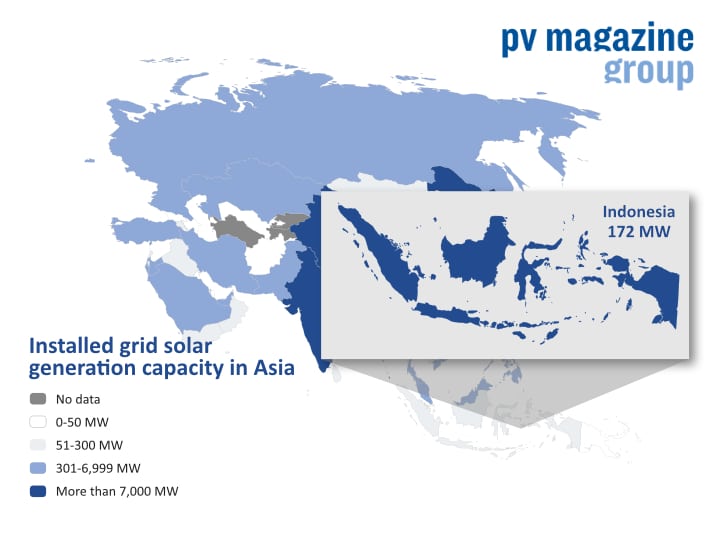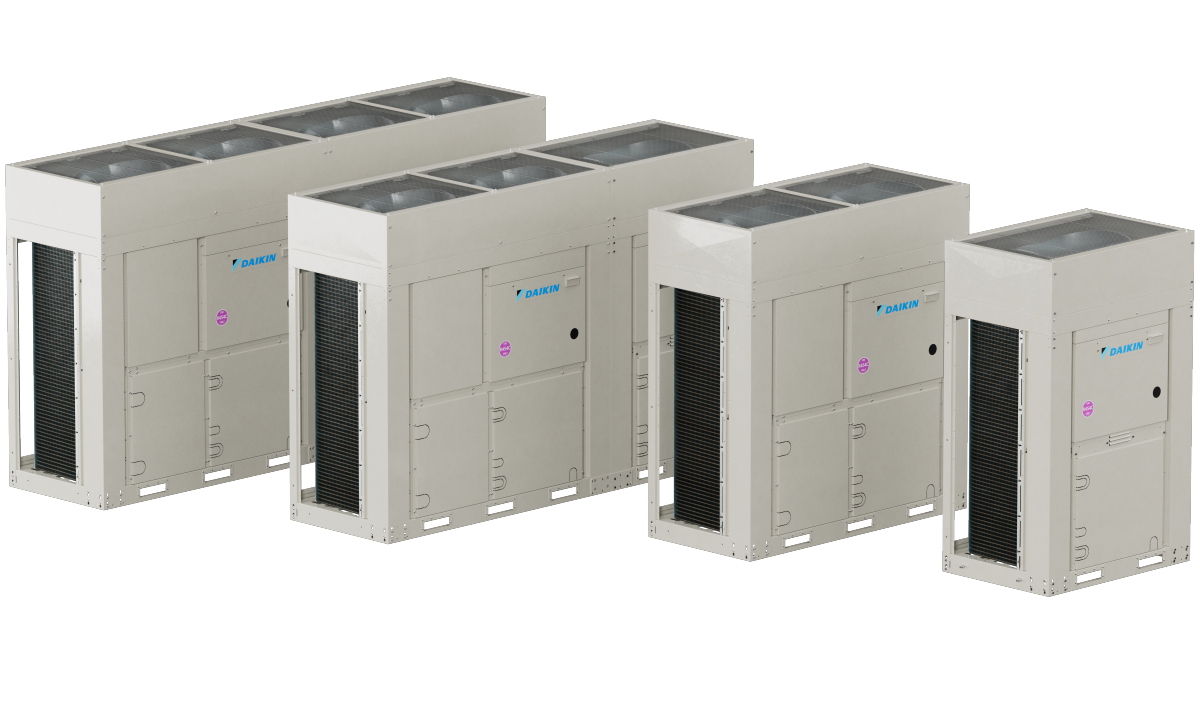Energy thinktanks in Indonesia, Germany and Finland have urged the authorities in Jakarta to bring forward their zero-carbon plans from 2070 to mid century in time for November's COP26 climate change summit in Glasgow.
Analysts from the Jakarta-based Institute for Essential Services Reform, Germany's Agora Energiewende and the Lappeenranta-Lahti University of Technology (LUT) have published a report on how solar can be at the heart of achieving a zero-carbon economy in Indonesia by mid century.
However, the message presented in the document is that the government will have to spend big up front to drive a wave of renewables deployment, low-carbon fuels and energy storage in an economic system which would be 20% cheaper than business-as-usual, but only by mid century.
Big bill
The cost of rolling out 1.49 TW of renewables capacity by 2050 – 80% of it solar – and starting with a 100 GW-per-year PV charge this decade, would come in at around $2-7 billion per year to 2030 and $20-25 billion annually in the following decade. With Indonesia having invested just $1.17 billion in clean power in 2019, the projected total bill for a zero-carbon economy would be around $20-25 billion per year to 2030 and then $60 billion per year to 2040, in a country which only spends around $2 billion annually on its energy system, transport and industry.
The authors of the Deep decarbonization of Indonesia’s energy system study explain their costings are based on assumptions including the levelized cost of energy from solar falling from the $53/MWh recorded last year to $18/MWh by 2030, thanks in part to 30% efficient solar panels; cheaper batteries and electrolyzers; the introduction of carbon pricing; and household-generation ‘prosumer' activity of up to 20%.
The report's authors say the current fleet of Indonesian coal plants will cease to be competitive with renewables within 15 years and the government should embark upon a coal exit by 2025 “at the latest” to avoid stranded coal generation assets in a nation which is planning to expand its thermal power fleet from 38 GW to 57 GW by 2028.
The analysts also emphasized the urgent need to expand interconnector capacity between the island states of the archipelago nation in which Java is the largest center of electricity demand. Grid connections between the most populous island and Sumatra, Kalimantan and Nusa Tenggara will prove crucial if, as expected, electrification across sectors including transport and heating ensures Java will have to import 82% of its electricity by mid century.
In addition to the long-term economic savings and health and environmental benefits, the report stated, achieving a zero-carbon economy by 2050 would also bring more than 800,000 jobs by 2030 – 67% of them in solar – and more than 3.2 million by mid century.
This content is protected by copyright and may not be reused. If you want to cooperate with us and would like to reuse some of our content, please contact: editors@pv-magazine.com.




Great post! Thanks for sharing.
Keep up the incredible work!
Thanks a lot for the article post. Really thank you! Fantastic.
Thanks a lot for the article post. Really thank you! Fantastic.
Feel free to visit my new site
Thanks a lot for the article post. Really thank you! Fantastic.
Nice articles, thanks for sharing! it’s means a lot?
you can meet me here too: top77
Great post! i appreciate it.. thanks for sharing!
You can also visit my page ini here: DOT77
great website and easy to understand
nice intonation for newbie thanks NEKO4D thank youuuu